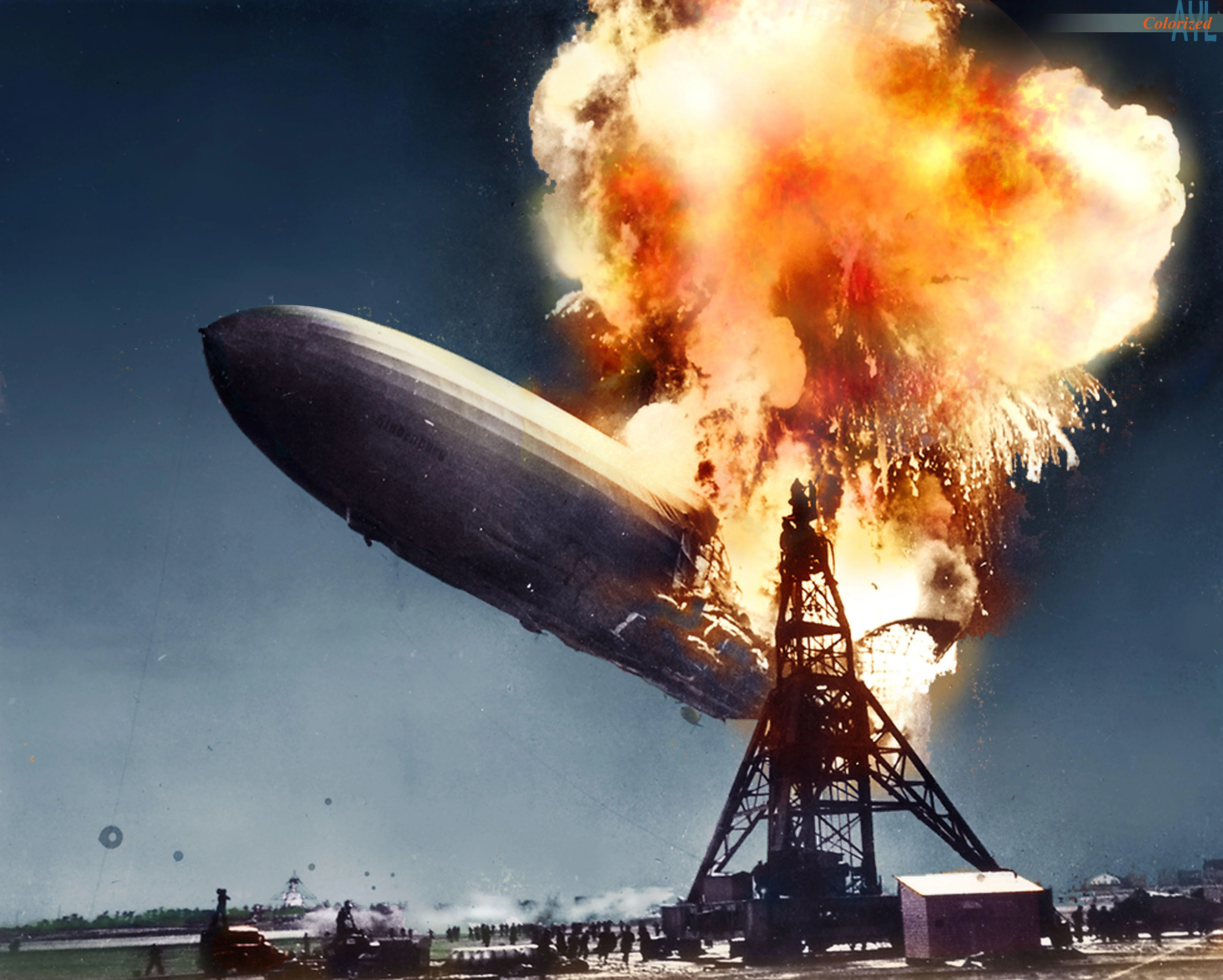
Hydrogen gas isn’t a clean fuel.
It’s a disaster.
The Mid-Atlantic Hydrogen Hub (MACH2) proposed for southeastern PA, southern NJ, and Delaware would expose communities, residents, and workers to unnecessary risks. Learn the dangers behind MACH2 and why it must be stopped.
Stop MACH2
-
The Mid-Atlantic Clean Hydrogen Hub (known as MACH2) is a proposed hydrogen gas production enterprise made up of an interconnected web of processing facilities, pipelines, and other infrastructure spread across southeastern Pennsylvania, southern New Jersey, and Delaware. MACH2’s organizers plan to use the hydrogen gas in industry as well as for bus transportation and for heating and appliances in people’s homes. Learn more about MACH2.
-
Hydrogen is an extremely flammable, costly, and inefficient fuel source. The production and use of hydrogen gas emits toxic and greenhouse gasses and poses a threat to our communities and our climate. Any potential benefits of hydrogen gas and the MACH2 project are far outweighed by the dangers they pose. Learn more about why we should stop MACH2.
-
Everyone deserves basic health and safety. We need to inform our neighbors about the dangers of hydrogen gas, and we need to press the decision makers to stop this disaster in-the-making. You can help: some things you can do from home, and some you do with others. Together we can stop MACH2. Learn about steps you can take.
Hydrogen gas as a fuel is a bad idea for many reasons: It is expensive, inefficient and exceptionally dangerous.
When hydrogen gas is made from fossil fuels—which the hydrogen hubs will do—it produces massive amounts of carbon dioxide (CO2), a greenhouse gas which causes global heating. The people pushing the MACH2 hydrogen hub say they will use nuclear energy, some renewable sources, and capture the carbon dioxide when needed. But these methods for making hydrogen are currently not as effective as the hydrogen industry makes them out to be. It will be far more profitable for them to make hydrogen with fossil fuels once MACH2’s ‘green’ methods prove inadequate or too costly, letting loose lots of CO2 in the process.
No matter how it is made, hydrogen gas is very expensive and an inefficient fuel source: even making ‘green’ hydrogen requires lots of electricity, so it is better to use that electricity directly. Certainly, some industries are hard to decarbonize, like steel manufacturing, so a limited amount of hydrogen gas—made from truly green energy—may be needed. But the people pushing the hydrogen hub want even more uses, particularly wider consumer uses, like transportation and blending with home heating and cooking gas. Hydrogen cars have been a failure for good reasons, and hydrogen in our homes is unfathomably dangerous.
To decarbonize the economy, we won’t need this much hydrogen gas, so it’s wrong to pollute and endanger our communities for it. The risk of hydrogen gas leaks causing explosions and fires is unacceptably high. The production and burning of hydrogen pollutes and puts greenhouse gasses in the atmosphere. Billions of dollars in federal grants and tax credits will be given out if MACH2 gets approved and starts to be built. That money should be spent on truly green energy and climate adaptation for our communities, not a boondoggle that prolongs fossil fuel use. The bottom line is that the hydrogen hub is a ploy by the fossil fuel industry to keep their profits rising in a desperately heating world.
Sign up to stay informed: https://actionnetwork.org/forms/stay-involved-to-stop-mach2
